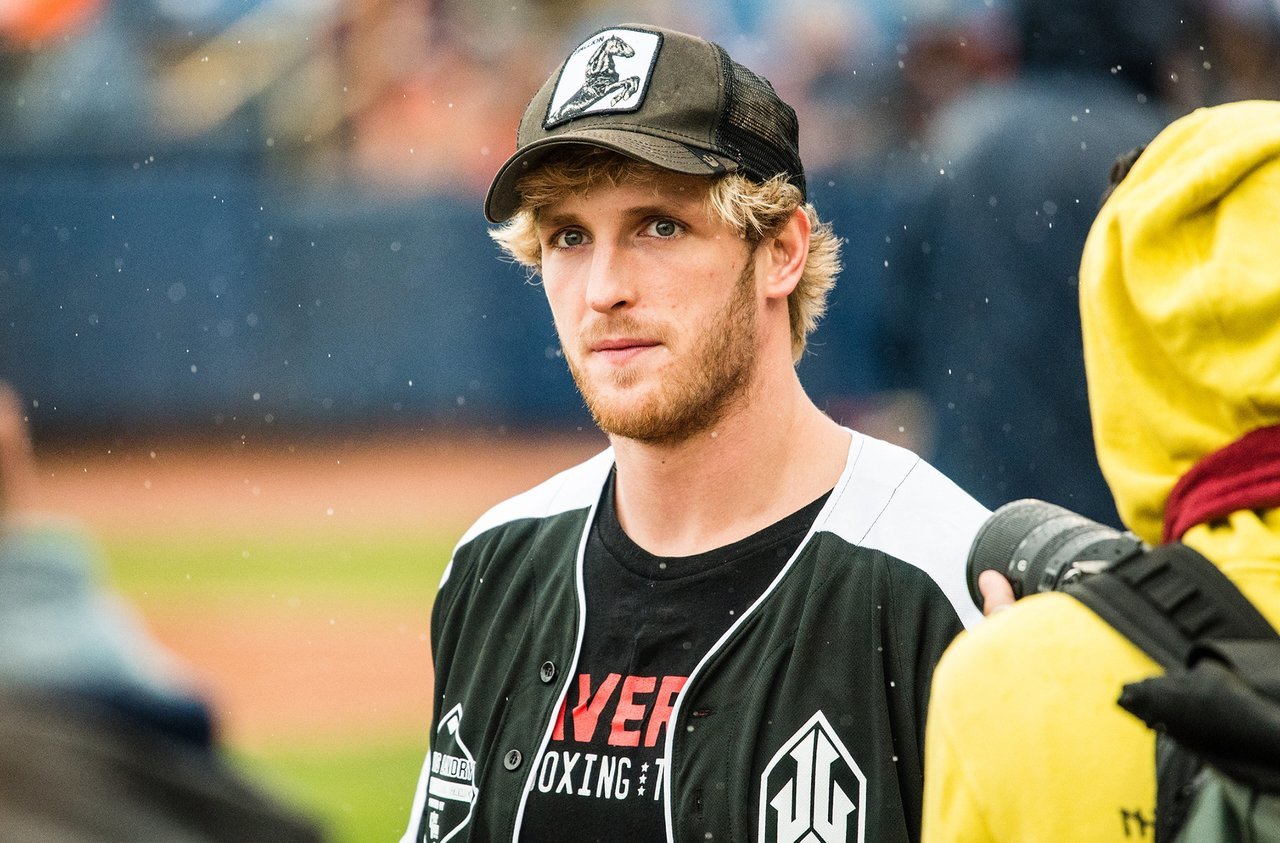Brothers Jake and Logan Paul have impressive YouTube followings—respectively 19.8 and 20.5 million subscribers, to be exact. With so many eager fans tuning in, why wouldn’t you want to have them advertise your products? Well…in addition to having similar success on the video-sharing platform, the brothers’ reputations have also been mired by controversy: Logan was criticized in 2018 for posting a video of Japan’s Aokigahara forest (yikes) while Jake was recently dragged for making flippant comments about anxiety (double yikes).
While there’s no doubt that influencer marketing can be hugely successful, it’s important to know the risks involved. After all, your influencers—no matter how big or small—are an extension of your brand, and the things they say and do online can have a massive impact on your reputation.
A bad influencer sucks so make sure to pick the best of the best.
The Chaotic Appeal of Influencers

The power of influencers is a double-edged sword. They have large fanbases, a great social presence and can make things trend simply by mentioning them in a video or tweet. However, influencers often come to fame by being completely unfiltered, beholden to no one but themselves. And that can be dangerous for brands.
News sites and media publications know that using an influencer’s name in a controversial headline is going to get a ton of clicks. The influencer world is one where even the smallest slip-up can spiral into a reputational catastrophe. Add in Twitter pile-ons from disgruntled fans or critics and you can land yourself in a big mess really fast.
Many influencers have big personalities with over-the-top antics, which lend themselves well to controversy and drama. Is the risk worth the potential reward? Each brand has to make that call for themselves.
Controversy sucks so don’t let a wayward social influencer drag you into theirs.
The Facts About Influencer Marketing
Sixty one percent of U.S. companies say it’s a challenge to find the “right” influencer for their campaigns. You risk losing time and money if your bet on a particular influencer goes sour—and of course your image can also take a hit. Not to mention, reputational damages done by a rogue influencer are not easily calculated, which makes it hard to prep for worst-case scenarios in advance.
During online mattress retailer Casper’s recent bid to go public, it was revealed that the brand listed influencer marketing as a risk: “Use of social media and influencers may materially and adversely affect our reputation and subject us to fines or other penalties”, read the documents.
This goes to show that brands who work with influencers need to operate with somewhat of a disclaimer in certain cases. An influencer can be of high public opinion one day and completely disgraced the next.
Know the Dangers Involved

Before getting involved with influencers—especially as a smaller company for which it can be harder to bounce back—you need to know the challenges you may face. Here’s some advice for making sure you get on the right side of influencer marketing:
- Find influencers who make sense to be seen promoting your brand. Nothing
leaves a bad taste in the mouths of consumers like inauthentic content.
Influencers may be doing your brand a disservice simply by being a “yes
wo/man” and agreeing to partner with anyone and everyone. Users see
through this money-grabbing facade and are way less likely to interact
with the product.
- Be wary of your influencers’ past behavior: Take, for example, YouTube stars like Laura Lee or Felix Kjellberg a.k.a PewDiePie.
Brands may be clamoring to get ahold of the attention of their millions
of highly-engaged fans. But both have seen their names pop up in myriad
controversies, including making racist remarks in old tweets and using anti-semitic jokes in content.
- Know the rules of influencer marketing. It
will hurt the reputations of everyone involved if you get caught not
upholding FTC guidelines for sponsored partnerships or disclosing prior
relationships between the influencer and the product. Make sure you use appropriate ad disclosures per each media platforms’ policies.
Taking risks sucks…but is it worth it sometimes to boost your visibility? Many brands say: yes.
The Takeaway
Influencer marketing can be a hugely successful endeavor. However, a sketchy influencer can tank their career overnight with one bad video or tweet…and they can take you with them. Weigh the pros and cons before you get into influencer marketing. And even if you decide it is for you, be sure to do your due diligence and research the heck out of any potential partners.
Influencer marketing can really suck sometimes. But hey, that’s why we write these articles—get more helpful marketing tips and find out how .SUCKS domains can fit into your campaigns.
Photo Credits: Erik Drost / Flickr, loreanto / Shutterstock, DisobeyArt / Shutterstock










